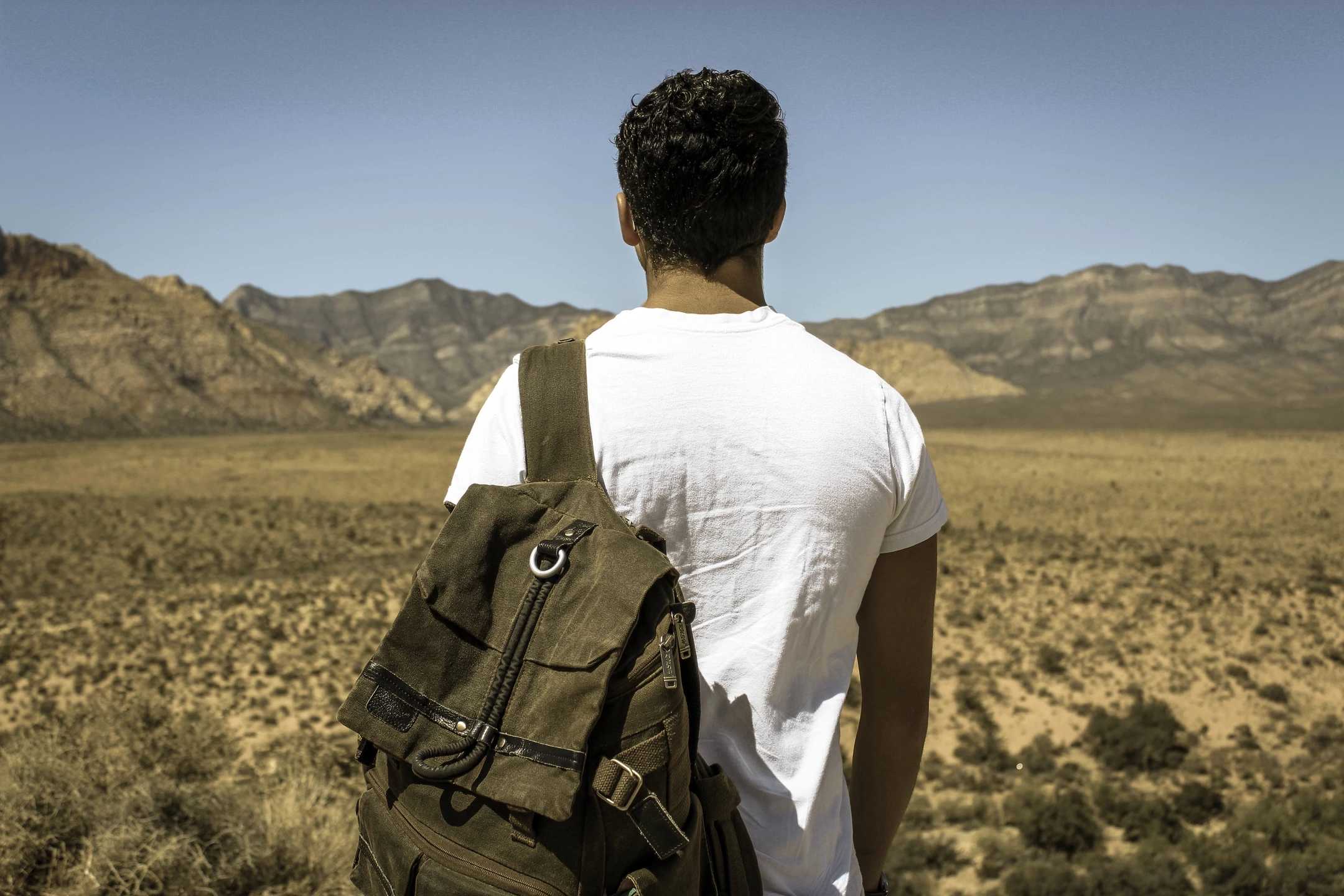Why People Don’t Trust Vaccines: That’s the headline over a guest column by Nina Burleigh in today’s New York Times. (Click on it to read if you subscribe.) Twice in two paragraphs she employs the term “conspiracy theories.”
One reason for “vaccine hesitancy,” the best-selling author writes, “is what I call Cold War bad science.” Burleigh cites “the effects of open-air nuclear weapons tests, mind-control experiments by the C.I.A. on unwitting victims, the secret goings-on at Area 51 in the Nevada desert and the clandestine development of bioweapons at an Army base in Maryland ….”
“For decades,” she points out, “various industries and their handmaidens in politics [denied] scientific facts to maximize unregulated profit-making — the sugar industry’s fight with science over obesity, for example, the tobacco industry’s dismissals of the danger of smoking and the climate change denial movement.”
News organizations delayed coverage. Today, they don’t mention persistent scientific and legal challenges to U.S. government Executive Branch accounts of the 9/11 atrocities.
On the science they are joined by the pillars of academia. It took a team at the University of Alaska Fairbanks College of Engineering and Mines led by professor Leroy Hulsey to conclude after a peer-review examination of nearly five years:
That is, controlled demolition leveled the 37-story World Trade Center skyscraper. In the United States only a Fairbanks TV station covered the study’s findings. Elsewhere they weren’t disputed, just ignored.
No wonder so many distrust government and media urgings to social distance, wear masks and get your shots. Burleigh has had hers.
— Mark Channing Miller
